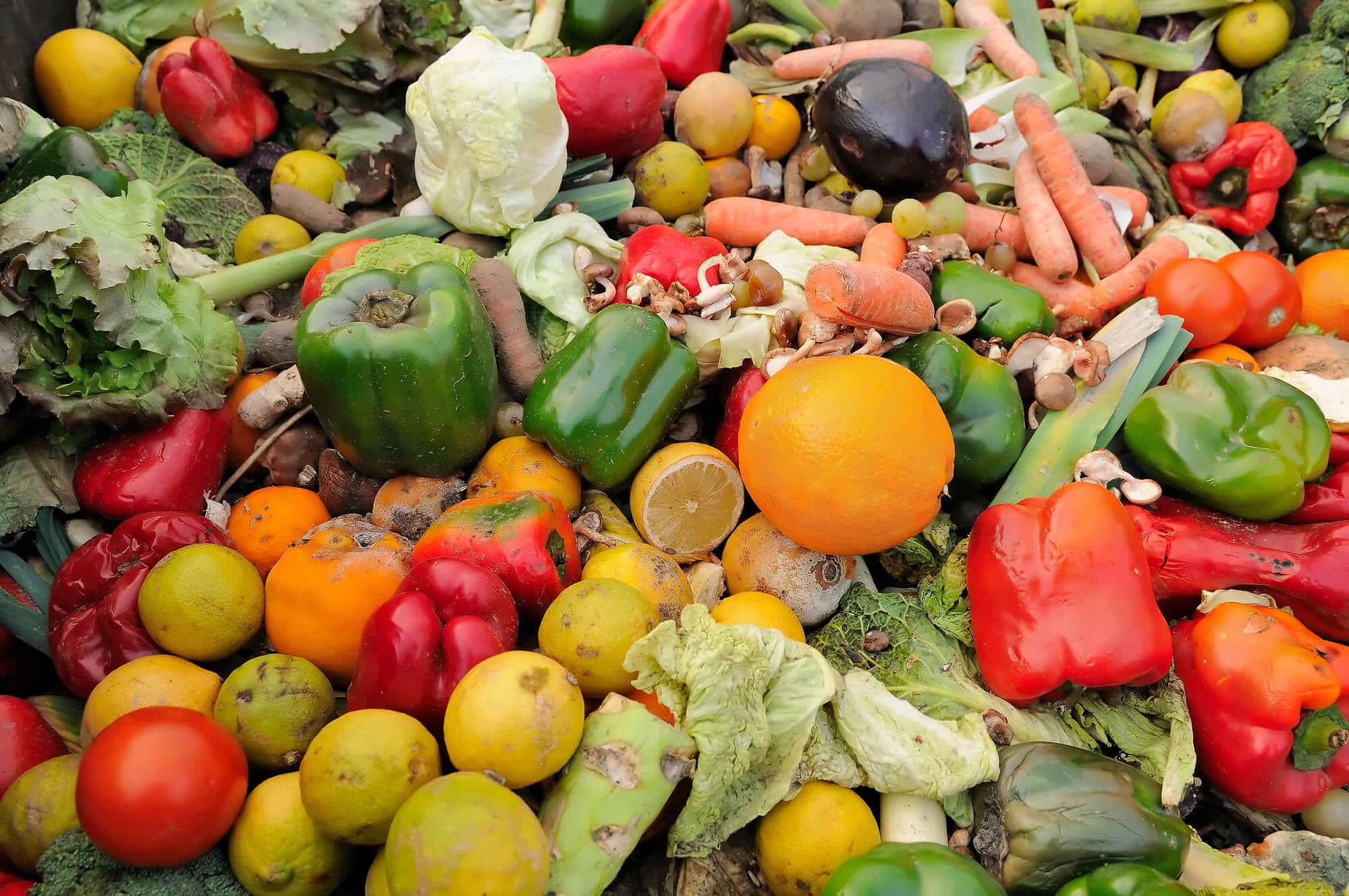The influence of culture and religion on food waste habits of households

"If food waste were a country, it would be the third country on the list of the most polluting countries in the world, in terms of greenhouse gas emissions - after China and the USA," says Prof. Ofira Elon from the Department of Natural Resources and Environmental Management at the University of Haifa, and head of the environment department at the Shmuel Na'eman Institute at the Technion. "When we talk about waste treatment, the task is, first of all, to reduce the amount of waste. If we understand what makes people spend, we will also know how to give recommendations - how to plan a purchase, how to plan cooking, how to show abundance without spending and how to save a lot of money."What is the question? How do different populations in the State of Israel purchase, prepare, consume and waste food?
The new study by Prof. Elon and her colleagues was born out of Efrat Elimelech's doctoral theses research, under the direction of Prof. Elon. "Efrat characterized food that people throw away," explains Prof. Elon. "She checked what, how much and why people throw food in the trash. And the main finding was that 54% of the food that people threw in the trash - should not have gone there. Let's say, an egg shell is unavoidable food waste. There is nothing to do with an egg shell, it is waste and belongs in the trash can. But a cup of cheese whose expiration date is the day the garbage was sampled is avoidable waste - since it was possible to consume the cheese earlier, or make a pie from it after the date stamped on the box, provided the smell and taste are normal. We found that a third of all avoided waste was food waste that was never consumed, such as a cup of cheese that was never opened. The other third was leftovers - they cooked a lot of pasta and threw away the excess. And the last third was partially consumed food. For example, order a pizza, eat an eighth and throw away seven-eighths. If the pizza cost NIS 80, throw away NIS 70."
Efrat Elimelech's PhD under the guidance of Prof. Elon was very focused, meaning it included a systematic mapping of food waste in one population. Now, with the help of a research grant from the National Science Foundation, Prof. Elon, Prof. Tali Katz-Gro from the Department of Sociology at the University of Haifa, Dr. Keren Kaplan Mintz from the Shamir Research Institute and Dr. Efrat Elimelech whose research is her post-doc within the Department of Sociology at the University of Haifa , intend to examine the set of cultural and religious factors that cause households in Israel to throw away avoidable food waste. Food production requires resources such as land, water, pesticides, fertilizer and of course energy. Even if it is produced on the other side of the world and imported to Israel, this import requires resources. Reducing food waste is a personal, family, national and global interest.
"Our study is the first of its kind that examines the religious and cultural perceptions of the four main populations in Israel - secular Jews, religious Jews, ultra-Orthodox and Muslim Arabs - towards the purchase, preparation, consumption and disposal of food in households, as well as the systems of connections between attitudes, social norms , and behaviors. Our research method is based on questionnaires, but first we need to know what to ask. For example, we need to know the way in which various mitzvots in Judaism affect the avoidance of waste or alternatively the throwing away of food, such as the mitzvot 'don't corrupt'. Also in the Koran and Sunnah there are commandments regarding dealing with food. Therefore, these days we are interviewing clerics, in order to understand the religious instructions in each community before we get to the homes themselves and ask the families what their attitude and behavior are in practice due to these orders. In addition, there are cultural characteristics that are not religious. For example, the attitude towards eating food that was not cooked that day: there are those who preserve food and even prepare new foods from leftovers, and there are people who would not think of eating the same dish the next day."
According to Prof. Elon, the purpose of the study is to recommend to the government ministries how to reduce food waste in Israel in practice. "We really don't intend to produce a clumsy study that sits in some drawer. With the help of data comparison, we will try to apply the conclusions from the report to reduce the nuisance, while understanding religious and cultural factors that dictate different lifestyles. Food production requires resources such as land, water, pesticides, fertilizer and of course energy. Even if it is produced on the other side of the world and imported to Israel, this import also requires resources. Reducing food waste is a personal, family, national and global interest."
More of the topic in Hayadan:

One response
The answer to the question: "Why do people throw away food"
It is actually the answer to many questions on the same subject
And she is stupidity and abysmal ignorance,
When you add religion and politics to the question, you get
Again the answer is ignorance and stupidity...
The eradication of ignorance will lead to the solution of many problems